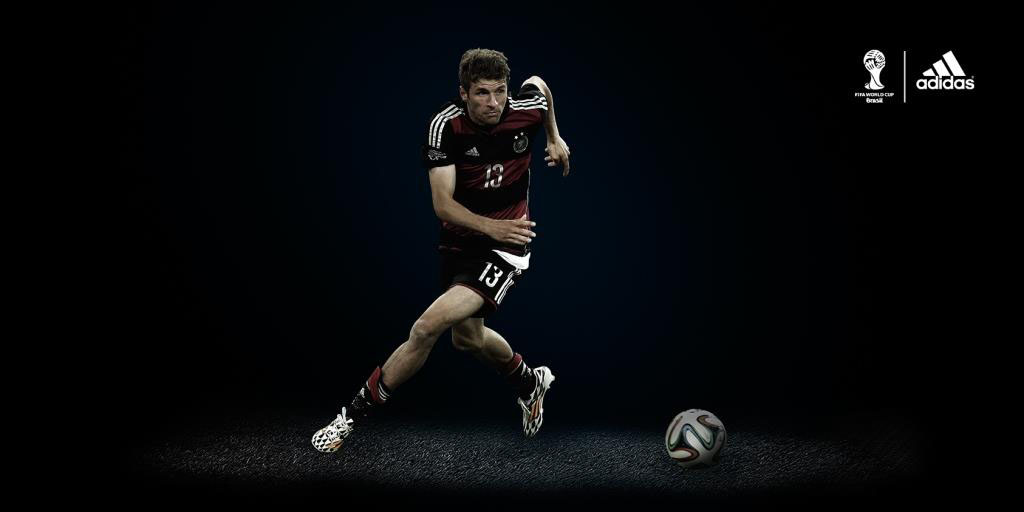Major events like the World Cup, Super Bowl, Olympics and The Oscars offer brands the ability to participate in real-time events with a highly engaged fan base. Brands’ activities during the World Cup demonstrated that fans are more likely to support and engage a brand both during and after an event, when their content is relevant and real-time.
While monitoring a live event is critical for timing content and posts, the thought and preparation leading up to the event is ultimately what determines whether or not a brand will be successful in this area.
In this interview with AdAge, Adidas stated they spent the year leading up to the 2014 World Cup building a “content bible” containing 1,000 images and 160 videos. Adidas’ prep for the World Cup is an extreme example and for brands that have fewer resources in place it can feel daunting. However, there is the opportunity to take inspiration from how big brands execute real-time marketing.
6 Things to Consider when Leveraging Real Time Marketing
Is this relevant, and does it align with the brand’s social media goals and objectives?
This is the most important question. Utilizing a social listening tool can provide insight on how fans and potential fans are discussing/anticipating an upcoming event.
Should the brand engage if they are not an official sponsor?
As a general rule, the broad utilization of hashtags is an invitation for both people and brands to comment on what is happening real-time. Each brand should have a conversation about the level of risk it is willing to take.
Prepare for Guaranteed Outcomes
Sports, awards shows and reality TV shows have winners and losers – prepare multiple versions of congratulatory posts in advance.
Avoid pitfalls of “high emotions” immediately following the conclusion of an event.
Preparing content in advance allows social teams to think objectively about the words and images of posts. For sports, emotions tend to run high immediately following the outcome of games. That, coupled with the casual tone many brands adopt on social media, can spell trouble. This is also a great time for brands to develop a social media crisis plan that will ensure a quick response/reaction, if necessary.
Make content consistent, but appear native to each social platform.
Maximize reach and aid audience absorption of your brand’s message by creating content for each platform.
How does paid media play into real-time social marketing efforts?
Paid media is likely a critical element for successfully amplifying, and maximizing efforts for real-time marketing. Determine success metrics and budget for paid media and ensure the brand’s team has the necessary authorizations in place to execute.
By following these steps in preparation for the event and then creating and producing stellar content, your brand’s real-time marketing efforts on social media will be successful.
Interested in learning more about the brands that stole the show during the World Cup?
Join Online Marketing Institute, Oracle, and WOMMA on Friday, September 19th for a free webinar, "What To Do When the Whole World is Watching: The Brands that Stole the Show During the World Cup", where Oracle Social Cloud’s, Social Strategy Consulting Manager, Cady Norene-Behles will reveal the social stories behind the World Cup and learn about how brands like: Nike, McDonald’s, Visa, Listerine, Hyundai tried to take advantage of this record-breaking, global social TV event.
In this free webinar, you will learn:
- How did World Cup sponsors fare in their social efforts vs non-sponsors?
- Is there measurable ROI for these brands from their World Cup activation?
- How did these brands prepare for a month-long global campaign?
- Which brand had the goal of being “the most talked-about” brand at World Cup and how did they prepare for that?

